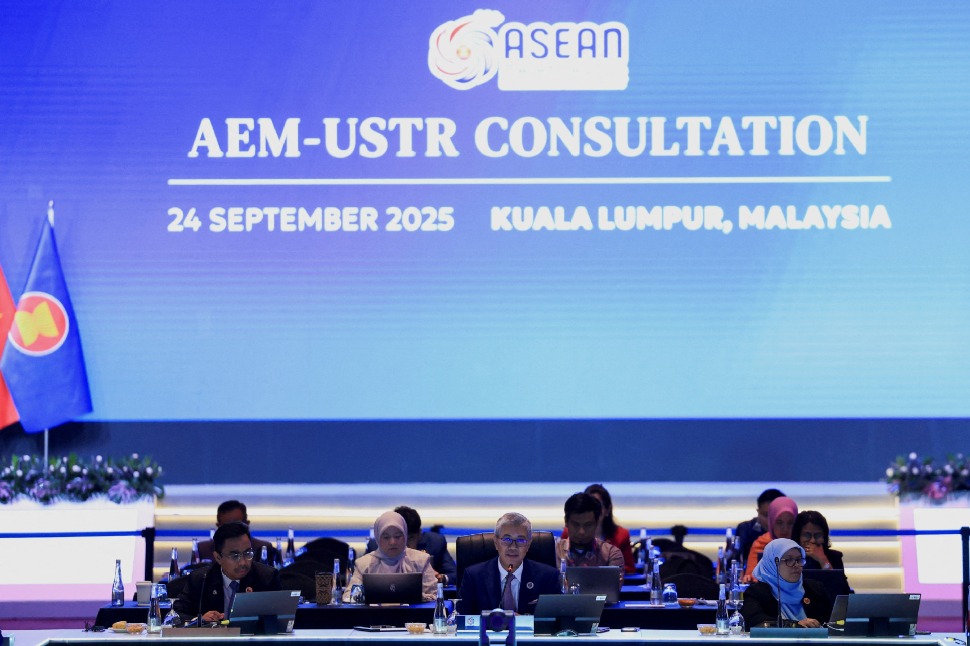Netherlands to toughen citizenship requirements

The Netherlands has become the latest European nation to plan stricter requirements for citizenship qualifications, proposing to double the mandated residency period from five to 10 years.
Under the new plans, immigrants would need to demonstrate a decade of uninterrupted residence and be judged "fully integrated" before they can be granted Dutch citizenship, reported The Daily Telegraph newspaper.
"By extending the naturalization period from five to 10 years, we ensure that people have a stronger bond with our kingdom and are truly well-integrated and can fully participate in society before they become Dutch citizens," said State Secretary for Legal Protection, Arno Rutte.
Other conditions for citizenship remain in place: applicants must pass a civic integration exam, demonstrate basic Dutch language proficiency, and sign a declaration accepting the nation's laws.
The country's four-party coalition government proposed initial measures to cut migration in September 2024, including a two-year asylum crisis act, but legal hurdles slowed their passage.
The proposed changes to citizenship requirements must now progress to a two-month consultation period, but may not become law, as the Netherlands is facing a snap election at the end of this month.
The government collapsed in June, when right-wing leader Geert Wilders pulled out of the coalition after it would not back his plans for tougher migration rules, so the administration's transition to caretaker status ahead of the election has complicated policy implementation.
Other governments across Europe are also tightening immigration rules, according to Meghan Benton, director of global programs at research organization the Migration Policy Institute.
"In Austria, Sweden, France, Belgium, the Netherlands, all of the policies that mainstream parties are currently making on immigration are done in the shadow of the far-right," she told the Telegraph.
In the United Kingdom, Home Secretary Shabana Mahmood announced similar measures this week, including plans to extend migrants' qualifying period for settlement, or indefinite leave to remain, from five to 10 years.
Migrants hoping to settle in the UK will need to prove their social value, she said. Applicants for indefinite leave to remain must show they have integrated and "contributed" to society — for example by volunteering with charities or local projects.
Mahmood also argued that the European Convention on Human Rights and other refugee accords have been used in ways "never intended," and pledged reforms before Christmas.
Right-wing political party, Reform UK, has pledged to abolish the right to apply for indefinite leave after five years if it wins the next election.
On Sunday, voters in Switzerland narrowly approved voluntary electronic identity cards that would, in part, help combat undocumented immigration and illegal employment.
The UK government has proposed a similar but more stringent measure with mandatory digital IDs to tackle illegal immigration and irregular employment.
Ireland's government said this week it is offering asylum-seeking families up to 10,000 euros ($11,700) to voluntarily withdraw their international protection applications and return home.
The limited-time program is designed to manage the rising number of asylum claims and alleviate pressure on the nation's housing and processing system.

































